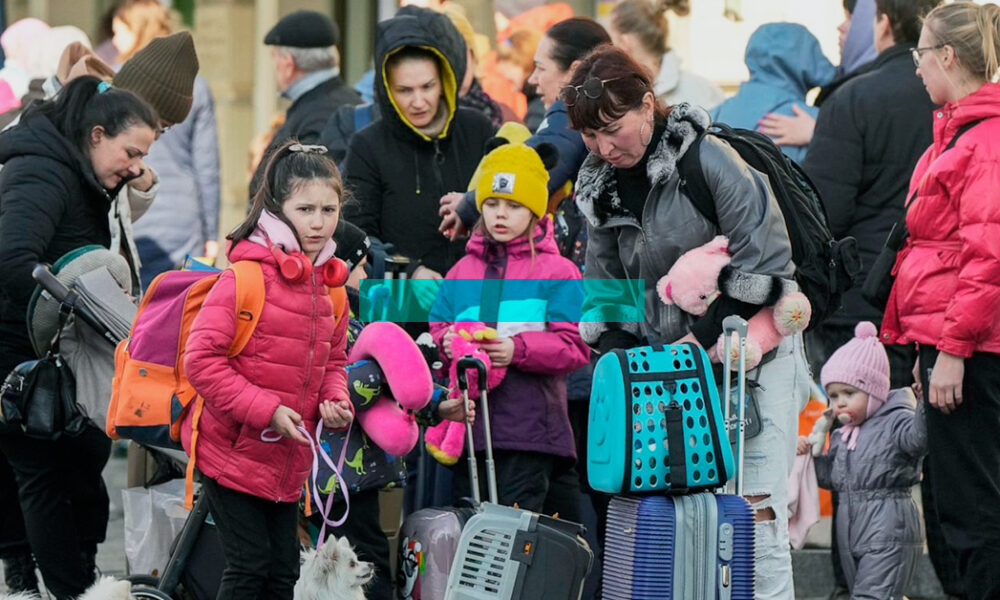Top UN Officials Resign Over The Organization’s Incapability To Protect Human Rights In Palestine
November 30, 2023

PRAGUE, April 20 (Reuters) – The number of people fleeing Ukraine to escape Russia’s invasion has passed 5 million in Europe’s worst refugee crisis since the end of World War Two, U.N. refugee agency said on Wednesday.
Russia’s invasion has triggered a massive displacement of people in the nearly eight weeks since it began, including more than 7 million Ukrainians within the country. U.N. data showed that 5.03 million had fled Ukraine as of Wednesday.
“They have left behind their homes and families,” UNHCR head Filippo Grandi said on Twitter. “Many would do anything, and some even risk going back, to see their loved ones.”
“But every new attack shatters their hopes. Only an end to the war can pave the way for rebuilding their lives.”
Russia launched what it calls a “special military operation” on Feb. 24 saying its aim was to demilitarize and “denazify” its southern neighbor. Kyiv and its Western allies reject that as a false pretext for an unprovoked land grab.
Most refugees have crossed to the European Union through border points in Poland, Slovakia, Hungary and Romania where volunteers and governments have scrambled to help those arriving, mostly women and children, find jobs, accommodation and to provide them support.
The refugee numbers were unprecedented for central Europe, said Jakub Andrle, the migration program coordinator at People in Need, a Prague-based aid group operating in Ukraine.
“It is also important to remember the numbers can increase rapidly from day-to-day depending on the situation on the ground.”
More than half the refugees have entered the European Union through Poland where many had family and other connections living in the region’s largest pre-war Ukrainian community.
In central and eastern Europe, many residents rushed to the border at the outset of the war, bringing supplies to weary refugees, many of whom endured long and harrowing journeys to safety.
Now the focus has shifted to the longer term support as cities reach housing capacity and many refugees remain in temporary housing with families or hotels that need the space for the upcoming tourist season.
“The first response was really good but now governments need to think about the long-term perspective,” said , People in Need migration program coordinator Katarina Pleskot Kollarova.
“It is getting difficult, for example, to find places in Prague and it is harder to keep big families together.”
(Additional reporting by Gwladys Fouche and Karlotta Weber in Oslo and Alan Charlish in Warsaw, Editing by Alison Williams and Tomasz Janowski)